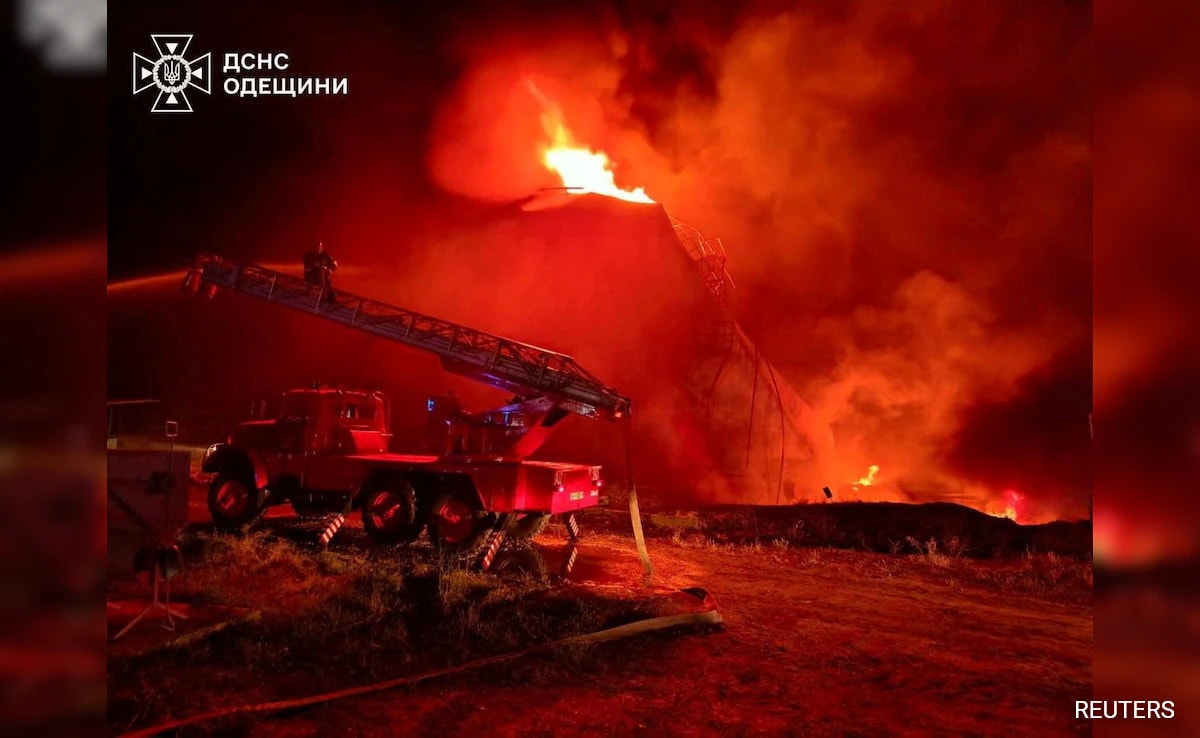The queen underwent the tests after she canceled a scheduled trip to mark 100 years since the creation of Northern Ireland, and the palace said she had âreluctantlyâ accepted medical advice to rest for a few days. The matter was not related to COVID-19.
The palace does not normally offer a running account of the monarchâs health, citing her privacy. However, in this case it confirmed the queenâs hospital stay after The Sun newspaper reported the news.
On the whole, there is a rule of thumb is that if a senior member of the royal family undergoes a procedure or an operation, there is a medical bulletin, royal expert Robert Hardman told the BBC. But that doesnât apply to tests.
The attention paid to the development merely reflects the great affection the global community has for the monarch, said Hardman, author of âQueen of the World,â which chronicles the monarchâs influence and stature around the globe.
âShe hates people making a fuss of her in general but particularly to do with health,ââ he told the BBC. âAnd I think thereâs a concern to sort of maintain the dignity of the office, and I know that one reason why nothing was said about yesterdayâs trip to hospital was that they sort of didnât suddenly want sort of huge banks of cameras and 24-hour news setting up outside the hospital.ââ
The long-secretive monarchy faces struggles similar to those of other leaders and celebrities who face a voracious appetite for details on their personal lives and health status.
For comparisonâs sake, the Vatican issued daily bulletins about Pope Francisâ 10-day hospital stay in July after he had a chunk of his colon removed. The Vatican had kept the hospitalization and Francisâ condition secret until the pope was already admitted and was about to go into surgery.
But the Vatican has long been notoriously secretive about the health of popes, most significantly when it refused to even acknowledge the obvious signs that St. John Paul II suffered from Parkinsonâs disease. The Vatican has cited the popeâs medical privacy in limiting information flows, but the vacuum of information often serves to fuel speculation about an eventual papal death and conclave to elect a successor.
There has been some disquiet this week about Elizabethâs health. Only days ago, she was seen using a walking stick at a Westminster Abbey service marking the centenary of the Royal British Legion, an armed forces charity. Though she had used a cane in 2003, it was after she underwent knee surgery.
Focus then turned to her hectic schedule, which has in recent days included audiences with diplomats, a reception at Windsor Castle for global business leaders, and attending the horse races at Ascot Racecourse.
In less than two weeks she is due to host world leaders at the United Nations climate summit in Glasgow, Scotland â a big engagement cited as one reason why she might want to rest up in advance.
Though Elizabeth has enjoyed robust health throughout her life, she is Britainâs longest-lived and longest-reigning monarch. She is due to celebrate her Platinum Jubilee â 70 years on the throne â next year.
Elizabeth has ruled since 1952 and was widowed this year when Prince Philip died at age 99 in April. She has cut back on her workload in recent years but still keeps a busy schedule of royal duties.
She recently declined the honor of being named âOldie of the Yearâ by The Oldie magazine. Her office said that âHer Majesty believes you are as old as you feel, as such The Queen does not believe she meets the relevant criteria to be able to accept.â
___
Associated Press writer Nicole Winfield in Rome contributed
.png)










 English (United States) ·
English (United States) ·  Turkish (Turkey) ·
Turkish (Turkey) ·